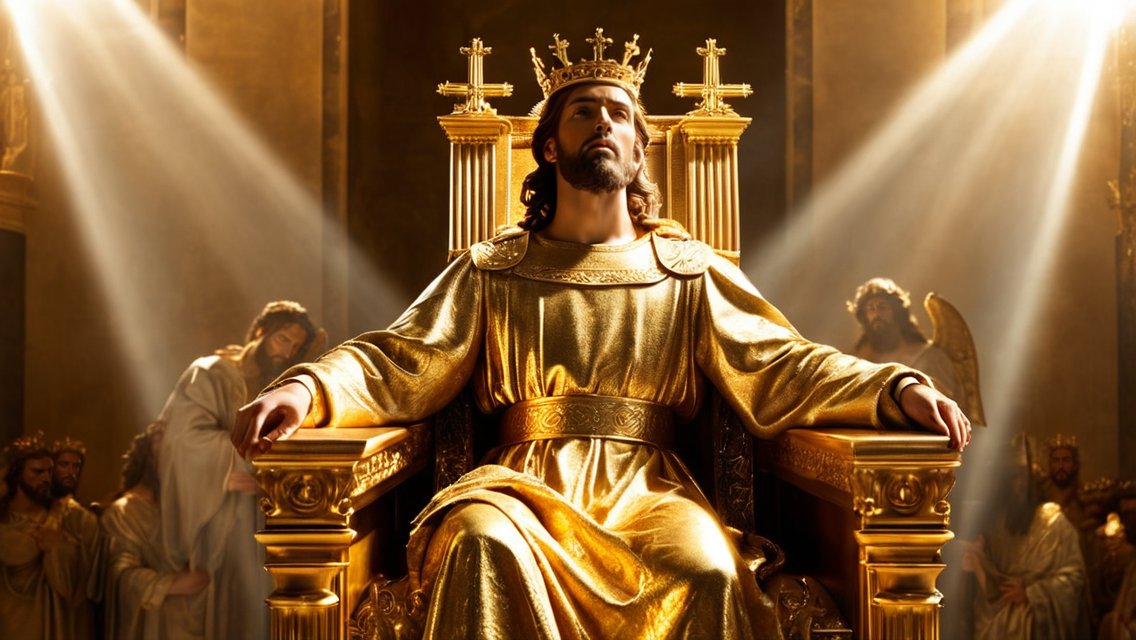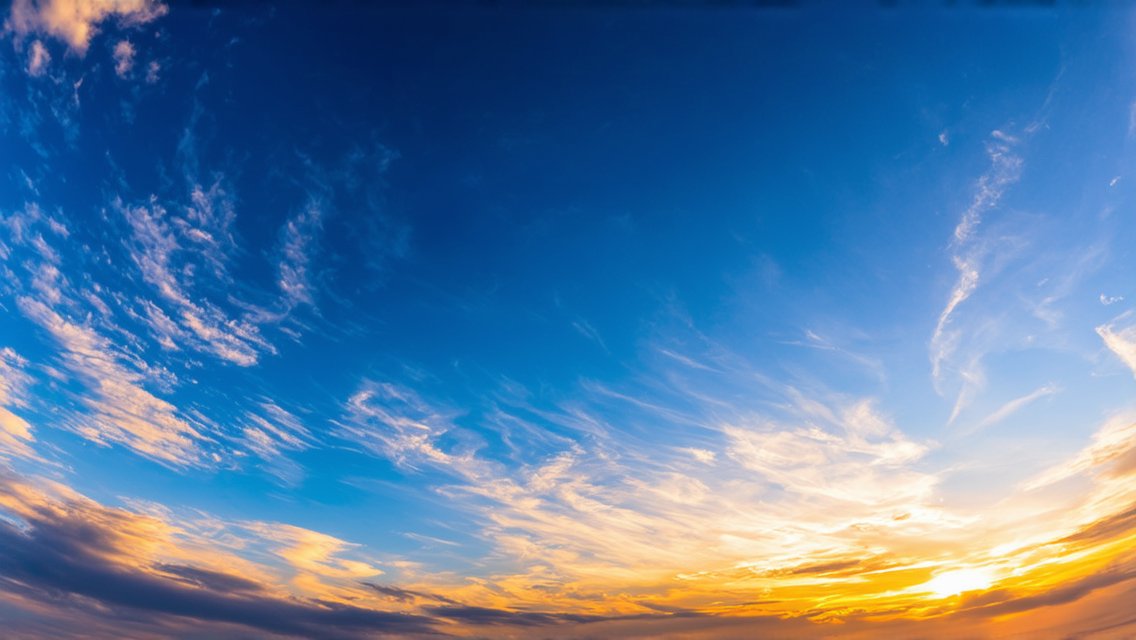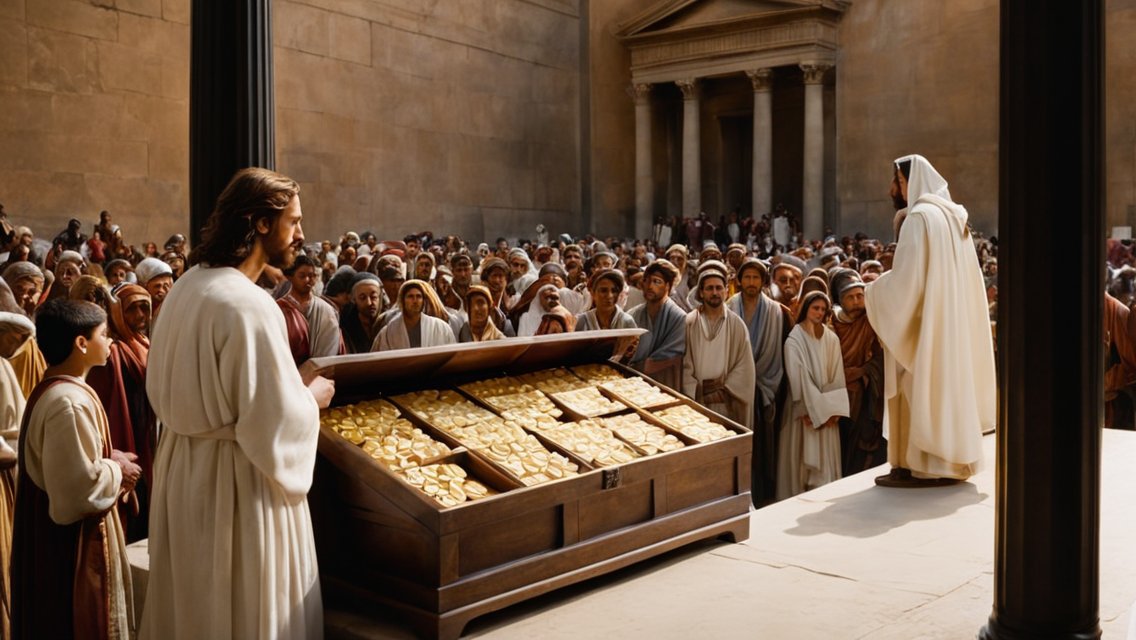Sixth Sunday Homily of the Ordinary Time– Year B
Readings: Lev 13:1-2, 44-46, 2 Cor 10:13 – 11:1,Mk 1:21-28
1st Reading – Leviticus 13:1-2, 44-46
1 The Lord said to Moses and Aaron,
2 “If someone has on his skin a scab or pustule or blotch which appears to be the sore of leprosy, he shall be brought to Aaron, the priest, or to one of the priests among his descendants.
44 If the man is leprous and unclean, the priest shall declare him unclean by reason of the sore on his head.
45 “The one who bears the sore of leprosy shall keep his garments rent and his head bare, and shall muffle his beard; he shall cry out, ‘Unclean, unclean!’
46 As long as the sore is on him he shall declare himself unclean, since he is in fact unclean. He shall dwell apart, making his abode outside the camp.”
Responsorial Psalm – Psalms 32:1-2, 5, 11
R. (7) I turn to you, Lord, in time of trouble, and you fill me with the joy of salvation.
1 Blessed is he whose fault is taken away,
whose sin is covered.
2 Blessed the man to whom the LORD imputes not guilt,
in whose spirit there is no guile.
R. I turn to you, Lord, in time of trouble, and you fill me with the joy of salvation.
5 Then I acknowledged my sin to you,
my guilt I covered not.
I said, “I confess my faults to the LORD,”
and you took away the guilt of my sin.
R. I turn to you, Lord, in time of trouble, and you fill me with the joy of salvation.
11 Be glad in the LORD and rejoice, you just;
exult, all you upright of heart.
R. I turn to you, Lord, in time of trouble, and you fill me with the joy of salvation.
2nd Reading – 1 Corinthians 10:31-11:1
Brothers and sisters,
31 Whether you eat or drink, or whatever you do, do everything for the glory of God.

32 Avoid giving offense, whether to the Jews or Greeks or the church of God,
33 just as I try to please everyone in every way, not seeking my own benefit but that of the many, that they may be saved.
1 Be imitators of me, as I am of Christ.
Alleluia – Luke 7:16
R. Alleluia, alleluia.
16 A great prophet has arisen in our midst,
God has visited his people.
R. Alleluia, alleluia.
Gospel – Mark 1:40-45
40 A leper came to Jesus and kneeling down begged him and said, “If you wish, you can make me clean.”
41 Moved with pity, he stretched out his hand, touched him, and said to him,
“I do will it. Be made clean.”
42 The leprosy left him immediately, and he was made clean.
43 Then, warning the him sternly, he dismissed him at once.
44 He said to him, “See that you tell no one anything, but go, show yourself to the priest and offer for your cleansing what Moses prescribed; that will be proof for them.”
45 The man went away and began to publicize the whole matter. He spread the report abroad so that it was impossible for Jesus to enter a town openly. He remained outside in deserted places, and people kept coming to him from everywhere.
Homily
Lesser Children of a Little God
“As long as the disease lasts, he is unclean,
he must live apart, outside the camp” (Lev)
‘My Friend, the Sea’ is a beautiful book by Sandhya Rao – reminiscent of Hemingway’s ‘The Old Man and the Sea’ – narrating the experiences of a little boy who survives the terrors of the 200‘ tsunami and looks forward to life with hope. “l want to ride the waves with my friends – my brother has promised to make me a new kattumaram,” says the boy, optimistically. I wonder, how many children in India can really ride the waves, and how many are merely tossed and turned by tsunamis of child-labour, child-abuse, infanticide and the like? How many children in Iraq can go to school instead of being taught the use of firearms?
Jesus’ whole life is one of littleness – babe at Bethlehem, carpenter at Nazareth, roaming rabbi of Galilee and crucified one at Calvary symbolize littleness. Likewise, Jesus selflessly serves the least and establishes this as the sole criterion for eternal salvation or damnation (Mt 25:3-16). Apart from being a friend of children (Mk 10:13-16) Jesus works his miracles mainly for the little ones of society. Today’s gospel narrates one such miracle worked for a leper.
The first reading from Leviticus provides a good background to the gospel. The leprosy referred to is not only what is today termed as Hansen’s disease, but also to other skin infections. L indeed, the whole 13th chapter of Leviticus stipulates how such so-called ‘lepers’ should be treated. More than hygienic concerns, lepers are to be ostracized because they lack the bodily integrity necessary for the worship of Yahweh. Thus, only after examination and certification by priests could lepers ‘re-enter’ the community. Till such time, they were to be segregated from society and shout, “Unclean! Unclean!”
Jesus’ healing of the leper illustrates his power to reach out beyond the confines of Mosaic Law to heal the marginalized. By saying, “Go and show yourself to the priest,” Jesus shows his regard for the Law. However, from Mk 2:1 to 3:6, Jesus enters into confrontation with the Pharisees for being overly legalistic about that very same Law.
Despite telling the healed leper not to publicize the healing, the leper “started talking about it freely and telling the story everywhere.” Mark seems to be making a catechetical point here, namely, that those who are cleansed by Christ must proclaim the good news. This sentiment is Well expressed by the psalm (32): “You fill me with the joy of salvation.” Salvation is not some pie-in-the-sky but a reality experienced here-and-now.
The Church normally celebrates Holy Childhood Day around this time. This should remind us of the Holy Child who identifies with the little ones of society. I remember my tribal friend, Harish (7), of Jharni village, south Gujarat, who died of a brain tumor simply because his parents were too poor to consult good doctors. My heart goes out to severely handicapped Preeti (11) of Asha Daan, Mumbai, and mentally challenged Kulandai (l3) of Sparsam, Chengelpet. Who struggle through life. Then, there are thousands of children making carpets in south Gujarat, working at brick kilns in Rajasthan, stitching footballs in Ludhiana, producing fireworks in Sivakasi. How holy is their childhood? What can we do lift the burdens of these little ones?
The leper is symbolic of those with diminished humanity who struggle on the margins of society on account of economic inequality, gender bias, caste discrimination and physical illnesses like AIDS. It is they who call for our attention and action.
In his famous book ‘The Prophet’, the Lebanese poet and mystic Khalil Gibran writes, “Your children are not your children. They come through you but not from you. And though they are with you yet they belong not to you. You may strive to be like them, but seek not to make them like you.” Indeed today we could pray that we become more childlike, our children.
Children call for our immediate attention since they are the most vulnerable section of society. We cannot say that we will do something for them ‘tomorrow’. Their name is ‘today’. Hence, let us reach out to our children, and also to the ‘little ones’ in society.





